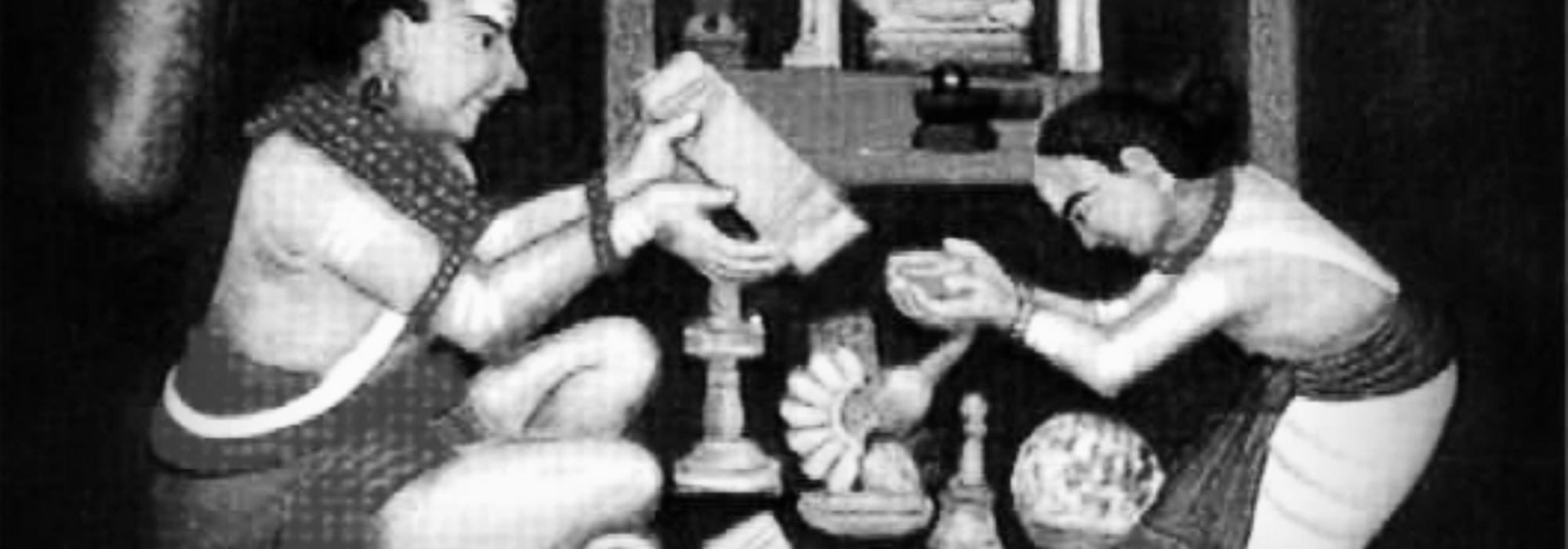अकृशं कुचयोः कृशं वलग्ने विपुलं वक्षसि विस्तृतं नितम्बे |
अधरेस्रुणमाविरस्तु चित्ते करुणाशालि कपालिभागदेयम् ||
Appayya-dikshita is known to have had eleven sons. Each of them was virtuous in conduct, well educated and modest. Once, one of the sons having fallen for the beauty of a certain deva-daasi, was lost in his thoughts about her good looks and composed the first three lines of the above verse: “May her charming form - with ample bosom, slender waist, fulsome chest, fleshy buttocks and rosy lips always reside in my heart….”. Appayya-dikshita, who happened to hear his son saying thus, understood his intent and composed the 4th line of the verse extempore, even before the son could conceive it –“ and only the kind-hearted Kapaali (Shiva) is fortunate to posses the one (with such a beauty)”.
Appayya-dikshita, who thus translated the infatuation of his son into sublime devotion, is laudable for his creative genius and spiritual outlook. While the son was only recounting the different aspects of physical beauty, the father attributed all those to the mother Goddess, Paarvati and also added that all these belong to the Kapaali.
He thus implied that those carnal attributes find their end only in something disgusting like the skull and the pleasure derived from them are of ephemeral nature. Only the spiritual Bliss derived from one’s own self is eternal. Isn’t this why Dikshita was universally acknowledged to be a self-dependant person?
Adapted from Kannada by Arjun Bharadwaj
(The original article is from the anthology Kavitegondu Kathe.)













































